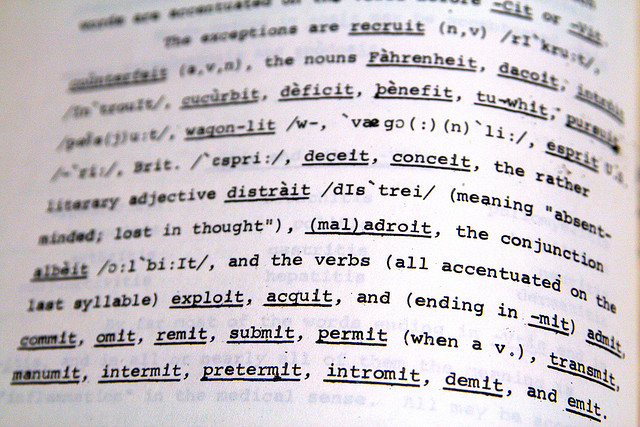1.3. Television
Focus on
|
|
-
- How often do you watch TV?
- What kind of TV programmes* do you usually watch?
- What are your favorite TV shows?
- Why do you like them?
- What do you think about reality shows?
- Would you participate in one if you were invited?
-
- * Note programme= GB English for TV show; program = for a computer. In USA, program = for both types
Here you have different types ot television genres:
Culture counts
A couch potato refers to a person who spends most of his/her free time sitting or lying on a couch. This stereotype often refers to lazy and overweight men who watch a lot of television, sometimes in their underwear and sometimes drinking beer. Generally speaking, the term refers to a lifestyle in which children or adults don't get enough physical activity. The term "couch potato" was first coined in 1976 by American underground comics artist Robert Armstrong. In the early 1980s, he would register the term as a trademark with the US government; he would also co-author a book with Jack Mingo, called The Official Couch Potato Handbook, which delve into the lives and secrets o
Do it yourself
Match words and definitions.

Imagen de Quinn Dombrowski en Flickr. Licencia CC
Two-syllable nouns and adjectives
In most two-syllable nouns and adjectives, the first syllable takes on the stress.
Examples:
- SAMples
- CARton
- RAIny
Two-syllable verbs and prepositions
In most two-syllable verbs and prepositions, the stress is on the second syllable.
Examples:
- reLAX
- reCEIVE
- diRECT
- aMONG
- aSIDE
- beTWEEN
- About 80% or so of two-syllable words get their stress on the first syllable
- There are, of course, exceptions to this rule, but very few nouns and adjectives get stress on their second syllable.
- Verbs and prepositions usually get stress placed on the second syllable, but there are exceptions to this, too.
There are many two-syllable words in English whose meaning and class change with a change in stress. The word present, for example, is a two-syllable word. If we stress the first syllable, it is a noun (gift) or an adjective (opposite of absent). But, if we stress the second syllable, it becomes a verb (to offer). More examples: the words export, import, contract and object can all be nouns or verbs depending on whether the stress is on the first or second syllable.
Vídeo alojado en YouTube
Compound words usually consist of two words (two components) that may be written separately, with a hyphen or as one word. Rules and recommendations for the use of the hyphen with compound words are rather complicated and subject to change, so it is better to consult a good up-to-date dictionary.
Examples of compound words:
toothpaste; flashlight; night club; light-green; twenty-five
In compound nouns, both components (both words) are stressed. Primary stress falls on the first component (the first word), even if the two words are written separately. The second component is usually a noun. The first component may be a noun, a gerund, an adjective or a verb.
Examples:
- Football
- ARMchair
- MAILbox
- WRITing desk
- SWIMming pool
- HIGH school
- HIGHway
- HOT dog
- CRYbaby
- PUSHcart
- BREAKthrough
There are some exceptions from the standard pattern of compound noun stress, for example, "manKIND". There are sometimes two variants of stress in compound nouns: well-BEing; WELL-being.
